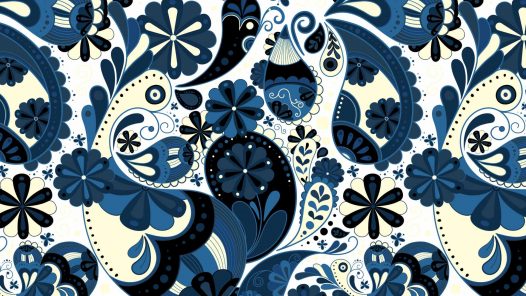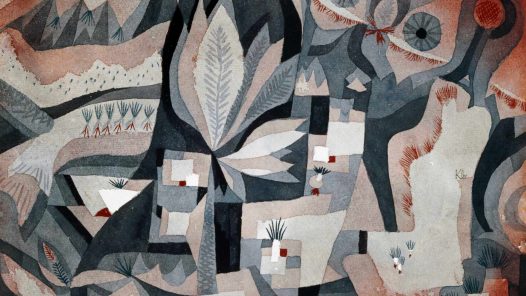The term palaver, meaning an idle or prolonged discussion, comes from the old Portuguese term palavra that British sailors picked up at West African ports in the 1700s, where palaver huts are places where villagers can gather to discuss local affairs. This is part of a complete episode.
- Listen on:
- Apple
- Spotify
- Podcast Feed
- »





I grew up in urban Australia where, at that time, everyone knew what a palaver was. Rarely a verb it’s still used by those who like their language broad and colourful. It has a mildly perjorative sense as in, “What’s all this palaver?” There’s even a whiff of misogyny but this is possibly less than definitive.
More than most I’ve inherited a love of idiom for its economy. Conveying more than formal language, it’s oblique, whimsical and fun–even mischievous! So long live the palaver, say I!